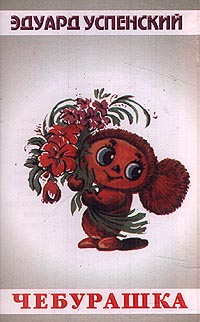Context:
Informant M is a 21 year old Cinema and Media Studies major from Upstate New York and Florida. He minors in Russian Language and Culture and is passionate about Soviet Cinema. He is a junior at USC and has been living in the area for 3 years.
Text:
“In, I think 1972… in the 1970s, a movie was released in two parts in Russia called The Irony of Fate or Enjoy Your Bath. And it was a TV movie, so it was broadcast in sections, but it’s basically about this guy, Evgeny, which is like the Russian version of being named John. Who basically gets super pissed with his buds on New Year’s Eve and ends up… his friends end up pranking him and putting him on a plane, blackout drunk, in the place of one of their other friends. And he flies from Moscow to… I think it’s St. Petersburg. And because – and it’s like a joke about the setup of Soviet cities – his address goes to an identical building with an identical lock and so he gets to what he thinks is his house. And it’s not his house, it’s a woman named Nadia’s house. And the movie is just like, the two of them – she’s got a fiance – just the two of them like gradually falling in love. But the first half of the movie is before New Year’s Eve and the second half of the movie is after New Year’s Eve, after they’ve had their moment and they’ve kissed and it’s beautiful and then there’s other problems but that’s like the middle of the movie. And so every year, on Russian state TV and also Russians will watch it on their own, they will broadcast the first half of Irony of Fate on New Year’s Eve and the second half immediately after midnight and people will watch it and it’s just a tradition because the two halves of the movie are also split by New Year’s Eve.”
Interpretation:
Upon first glance, the tradition M described seems lighthearted, perhaps lacking in depth. The concept of watching a film that takes place over New Years on New Year’s Eve and into the new year is fun and simple. It’s easily classified as a tradition. It’s something observable and in which outsiders can participate. In fact, the informant and I attempted to watch The Irony of Fate on New Year’s 2023, but fell asleep before it ended. Furthermore, I believe there to be much more cultural commentary involved in this tradition. For one thing, it’s part of a greater national identity. It’s broadcasted on public television networks and accessible to Russian people. The film includes jokes and bits that are recognizably Russian – something which helps certify identity time and again. What’s more, the film is a rom-com, perhaps the most popular genre and one which can unite viewers. Plus, there seems to be a focus on domestic values of love and friendship, something significant and worth holding onto in periods of change during life (such as New Year’s Eve).

